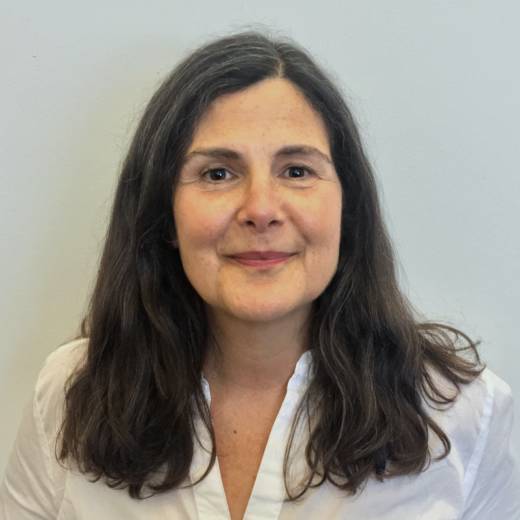California still taxes feminine hygiene products, although eight states and several countries, including Kenya, Colombia, India and Canada do not. Stephanie Rapp has this Perspective.
Prepare yourself. I’m going to talk about something I was taught not to discuss in mixed company. Even though half the population deals with this issue, it is still considered taboo to discuss menstruation.
The other day, I was reviewing a list of items eligible for my health spending plan – it included band-aids and sunscreen. You can even purchase Rogaine tax free. But you cannot use medical savings to buy tampons. The government considers a cut on your finger worthy of a medical deduction, but not a woman’s period.
Tampons and other such products are considered “luxury” items, and therefore subject to sales taxes. Women, who earn less than men, pay millions each year in additional taxes. Eight states including Massachusetts and New York have made sanitary products tax-exempt. Even President Obama weighed in, wondering why states still taxed these as luxury items. “I suspect it’s because men were making laws when those taxes were passed,” he said.
California still imposes this regressive tax. These products can cost as much as $14 a month, which is a burden for poor women in California, with the nation’s highest poverty and sales tax rates, If California joined other states in eliminating the tampon tax, it could save women $20 million a year.
